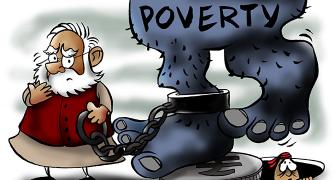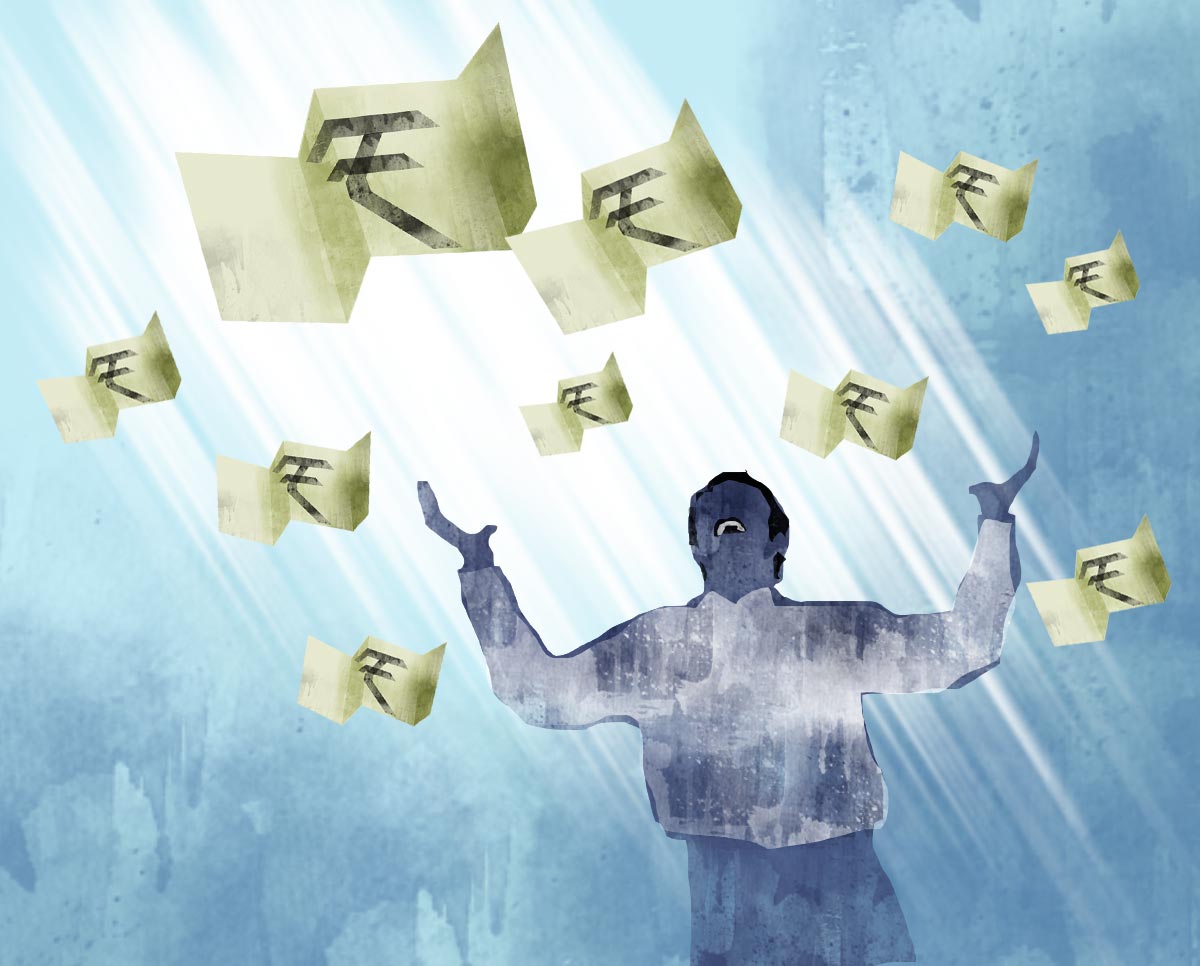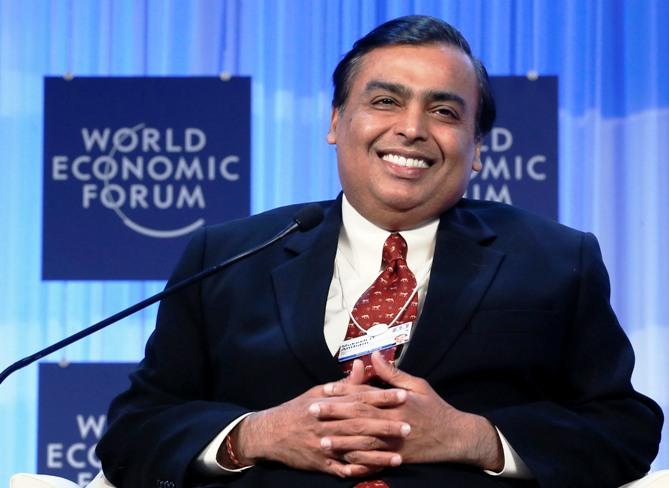Wealth, which can broadly be a measure of assets held as opposed to income earned, is unequally distributed.

India's richest people now have a larger share of national income than in more than a century.
The top 1 per cent Indians earn 22.6 per cent of the national income compared to 15 per cent earned by the bottom 50 per cent of the population, according to a study by the World Inequality Lab.
Wealth inequality is also near historic highs and calls for changing tax policies to ensure better redistribution, according to the study entitled Income and Wealth Inequality in India 1992-2023: The Rise of the Billionaire Raj by World Inequality Lab authors including New York University's Nitin Kumar Bharti, Lucas Chancel of the Harvard Kennedy School, as well as Thomas Piketty and Anmol Somanchi from the Paris School of Economics.
'In 2022-2023, 22.6 per cent of national income went to just the top 1 per cent, the highest level recorded in our series since 1922, higher than even during the inter-war colonial period,' it said.

The study also noted that wealth, which can broadly be a measure of assets held as opposed to income earned, is unequally distributed.
The top 1 per cent owned 39.5 per cent of the national wealth in 2023 compared to 6.5 per cent held by the bottom 50 per cent of the country, it said.
Data for wealth inequality is available from 1961. This is close to the highest share since then.

Two decades ago, the top 1 per cent accounted for 25.4 per cent of the wealth and the bottom 50 per cent held 6.9 per cent.
Globally, the top 1 per cent held a significant share of their national wealth.
The 2022-2023 data shows that among key peers it was highest in South Africa (54.9 per cent) followed by Brazil (48.7 per cent).
Other major countries with lower numbers include the US (34.9 per cent), China (32.6 per cent), France (24 per cent) and the UK (21.1 per cent).
The top 1 per cent Indians hold the maximum national income share at 22.6 per cent compared to key peers.
The top 1 per cent in the US has 20.9 per cent of the total income.
It is 19.7 per cent for the top 1 per cent in Brazil, 19.3 per cent in South Africa, 15.7 per cent in China, 12.7 per cent in France and 10.2 per cent in the UK.
The study noted that the wealth tax in India may be regressive. The wealthy may pay less tax relative to their share of assets.
'Implementing a super tax on Indian billionaires and multimillionaires, along with restructuring the tax schedule to include both income and wealth, to finance major investments in education, health and other public infrastructure, could be effective measures,' it said.
The study noted that wealth concentration could increase influence on policy decisions.
'One reason to be concerned with such high levels of inequality is that extreme concentration of incomes and wealth is likely to facilitate disproportionate influence on society and government,' it said.
'This is even more so in contexts with weak democratic institutions.'
Feature Presentation: Ashish Narsale/Rediff.com










